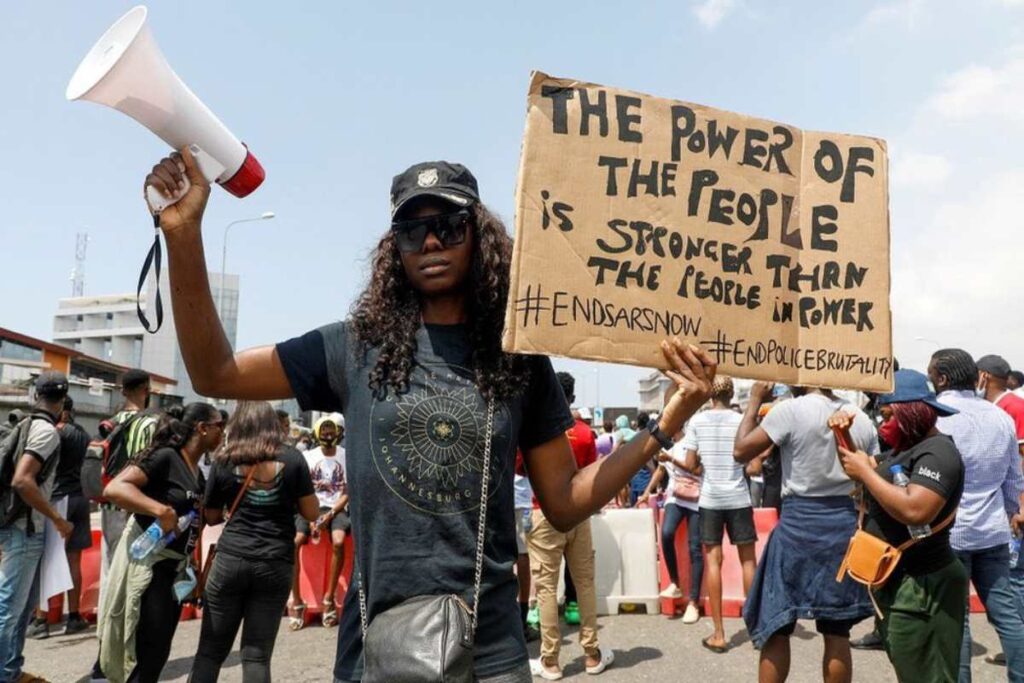Music isn’t just food for the soul. It is also a fuel for resistance. Across centuries, there have been rhythms behind many rebellions. It’s time to uncover this aspect that is little-talked-about.
First, music will stir the emotions, then it will bring voices together. Afterward, it will spread the message everywhere, igniting oppressed souls with the flames of freedom.
No! Music isn’t just a form of art; it is a secret weapon of the downtrodden.
From slave plantations to modern protests, it has been the driving force for social change. It has rescued enslaved Africans from the claws of bondage. It has released chaos into ancient European empires.
“The slaves chanted, drummed, and danced to rhythmic songs believed to welcome ancestral spirits known as the Iwa.”
Just as in the old times, music has been a catalyst for social change in our modern world. Singing and dancing have been crucial aspects of many anti-government protests. They’ve been a significant threat to the powers that be. Let’s uncover the mysterious relationship between music and revolution.
The Haitian Slave Revolution of 1791
One of the most well-known examples of the power of music is the Haitian slave revolution. In 1791, a group of slaves came together to carry out one of the most successful slave revolts in history. Its biggest secret was music. Spiritual music.
One of the key figures of the revolution was Vodou priest, Boukman Dutty. He led the music-soaked rituals that energized the slaves to confront their masters.
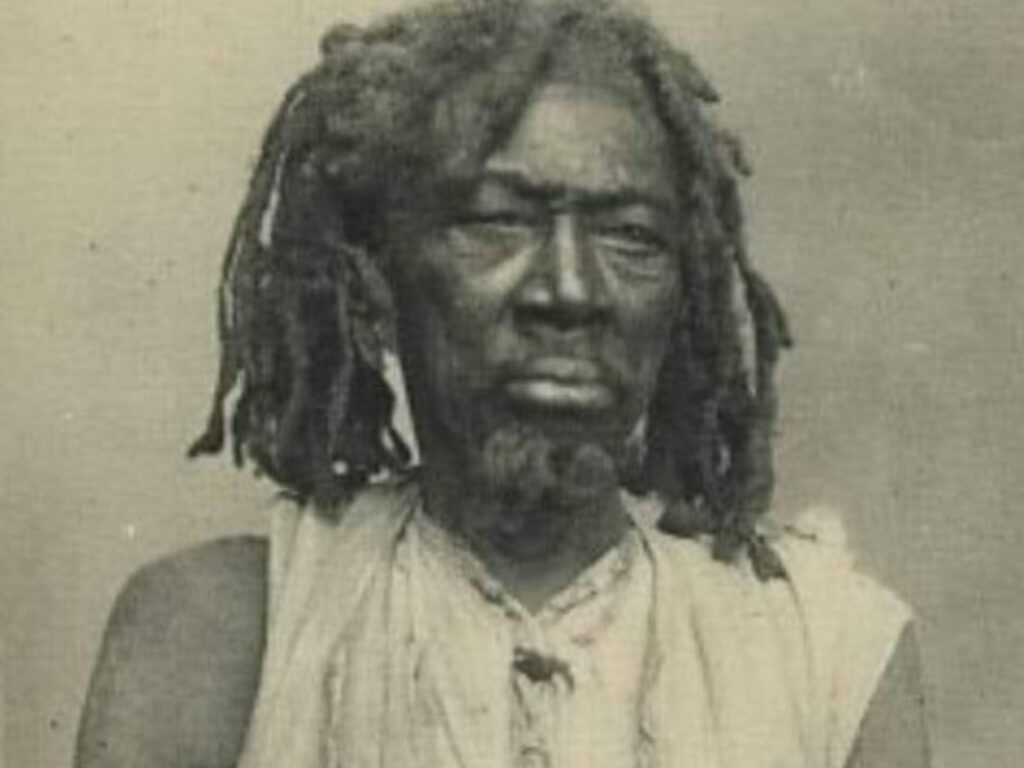
The slaves chanted, drummed, and danced to rhythmic songs believed to welcome ancestral spirits known as the Iwa. The spirits were said to have responded, supplying their loyal worshippers with the strength and courage they needed for their struggle.
The songs hid secret messages that their French captors couldn’t intercept. They passed along the plans for the rebellion and a reassurance that the gods were behind them.
“As a conductor of the Underground Railroad, she would sing to indicate whether it was safe for the escapees to emerge from hiding and continue their flight.”
When they finally began to carry out their plans, their captors were stunned. The slaves took advantage of their numbers and their superior knowledge of the Haitian terrain.
Leaders such as Henri Christophe, Toussaint Louverture, and Jean-Jacques Dessalines emerged. They organized and trained their people, combining traditional war methods and European tactics.
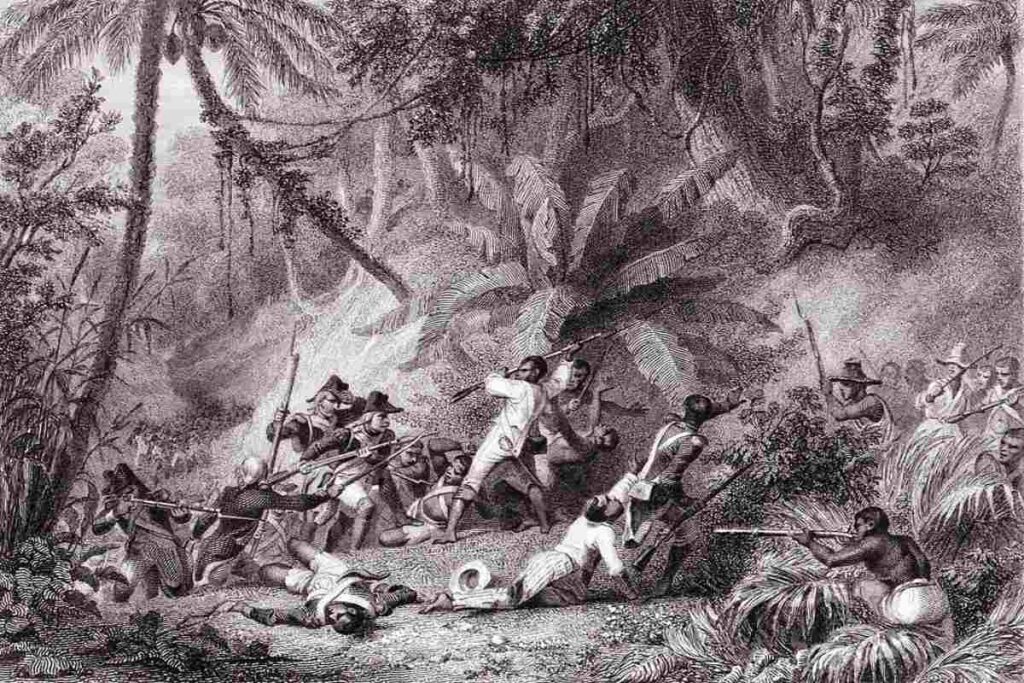
The revolution grew larger and more powerful, lasting for 13 years. Finally, in 1804, the people of Haiti declared their independence. They have remained free to date. Music didn’t only help Haitians. It did wonders in America.
Music Led African-Americans Closer to Freedom
Life was brutal and unbearable for the enslaved Africans in America. For many years, they lived under bondage and were stripped of their dignity. However, there was one thing that kept them in the fight. Music.
Under the noses of their captors, they developed a new type of sound: Spirituals. These songs, although laced with Christian themes, were rooted in African tradition.
These songs were just religious sermons to the slave owners. They were simply messages about salvation and divine intervention. But to the slaves, it was a lot more.
Songs like “Wade in the Water” seemed like a song about the healing power of the waters. But underneath, it was a message to slave escapees to move through the forest rivers to block their scent from the American owners’ tracking dogs.
“His music, such as “Zombie,” a satire that described soldiers in the military, was a hit among the citizens.”
Another song, “Follow the Drinking Gourd,” directs escaped slaves as they flee the plantation. The song instructs them to follow the Big Dipper, a star pattern that leads to the northern part of the country, where slavery isn’t encouraged.
Some lines of the song go “The riverbank makes a very good road / The dead trees will show you the way…” These aspects of the road were actual escape routes.
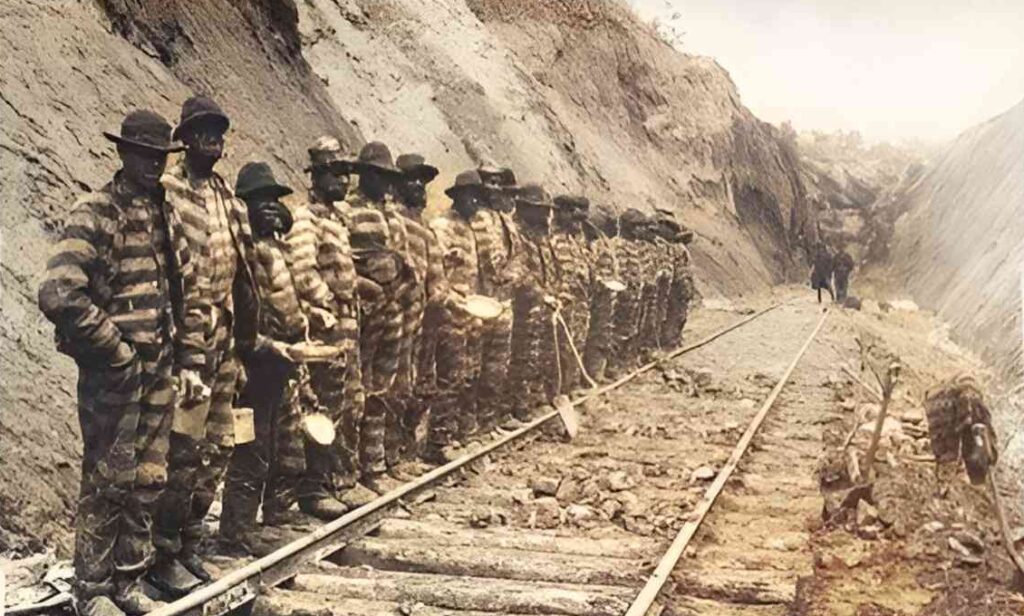
Harriet Tubman, one of the icons of the slave liberation movement, used music to communicate. As a conductor of the Underground Railroad, she would sing to indicate whether it was safe for the escapees to emerge from hiding and continue their flight.
African slaves relied heavily on music in their search for freedom. The slave masters banned them from communicating in their native languages. So, Spirituals were their only way out of bondage. Music continued to play the same role even after the slave era.
The Sounds of Protest: The Civil Rights and Post-Colonial Movements
The 20th century was marked by numerous agitations for freedom. From the civil rights campaign in America to the struggles for independence in Africa, the hope of liberty was in the air, and music played a significant role.
The story of the Civil Rights Movement is incomplete without music. The movement was energized with songs like “We Shall Overcome,” “Mississippi Goddam,” and “A Change is Gonna Come,” which was composed by singer and pianist Nina Simone.
Simone was at the forefront of the movement unconventionally. Through her music, she rallied her people through messages of hope. She also heavily criticized racism.
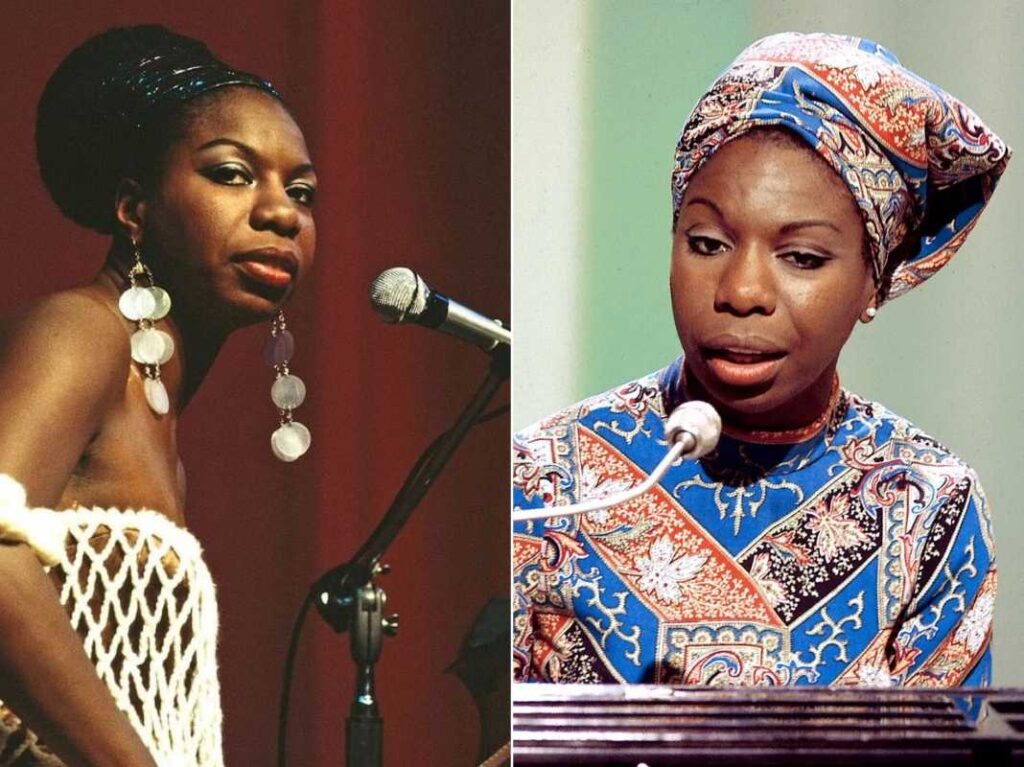
Thousands of miles away in Africa, notable music activists also emerged. One of Africa’s most iconic music figures was Fela Anikulapo Kuti. The Afrobeat legend tormented Nigeria’s military dictators.
“The government clamped down heavily on them, banning their music and even forcing some to change their names.”
At the time, the West African nation was under the brutal grip of the military. Corruption and oppression were the order of the day. But Fela Kuti rose fearlessly to challenge the regimes through his music.
Despite acts of harassment and intimidation, he refused to back down. His music, such as “Zombie,” a satire that described soldiers in the military, was a hit among the citizens. In return, he suffered significant losses, such as the killing of his mother and the destruction of his house.
In South Africa, music challenged the apartheid rulership. Courageous singers such as Hugh Masakela and Miriam Makeba expressed black resentment through their music. Masekela’s “Bring Him Back Home” advocated for the freedom of Nelson Mandela.
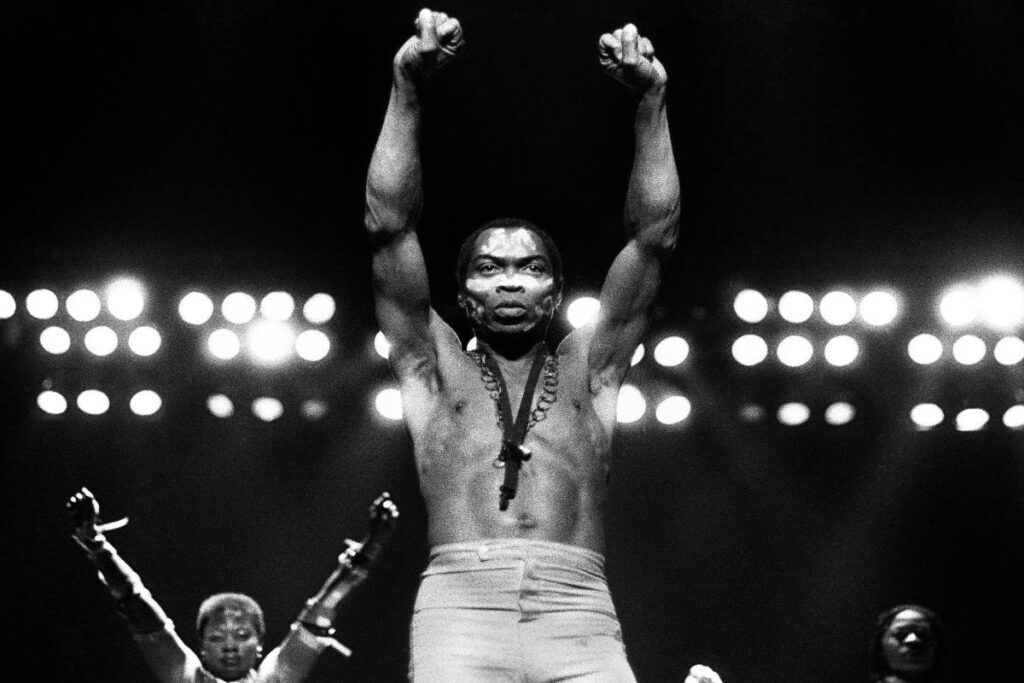
At the same time, a similar thing was happening in the Caribbean. Reggae music legend Bob Marley was releasing hits like “War” and “Get Up, Stand Up,” in defense of all oppressed people worldwide. This culture continued to spread.
Punk, Protest, and Cultural Anarchy
After reggae, punk was the next genre of protest music. It emerged in the 1970s and became a popular choice for the British and American youth.
Punk was a medium through which young people could vent their anger at a societal state they felt dissatisfied with. At the time, racism remained a big issue. Unemployment was high, as was the level of anti-government anger.
Punk icons soon came on the scene to lead the protest. The Sex Pistols criticized Queen Elizabeth with their track, “God Save the Queen.” The song provoked the government, and in response, it was banned.
“Music has remained a common feature in modern protests. The introduction of digital music has made its role in mass movements even easier.“
Across America, the punk revolution was spreading. Punk musicians courageously took on the military regimes of Brazil and Argentina. Bands like Resto de Nada and Los Testiculos & Los Violadores rebelled against the military’s censorship, infusing the spirit of resistance into the youth.
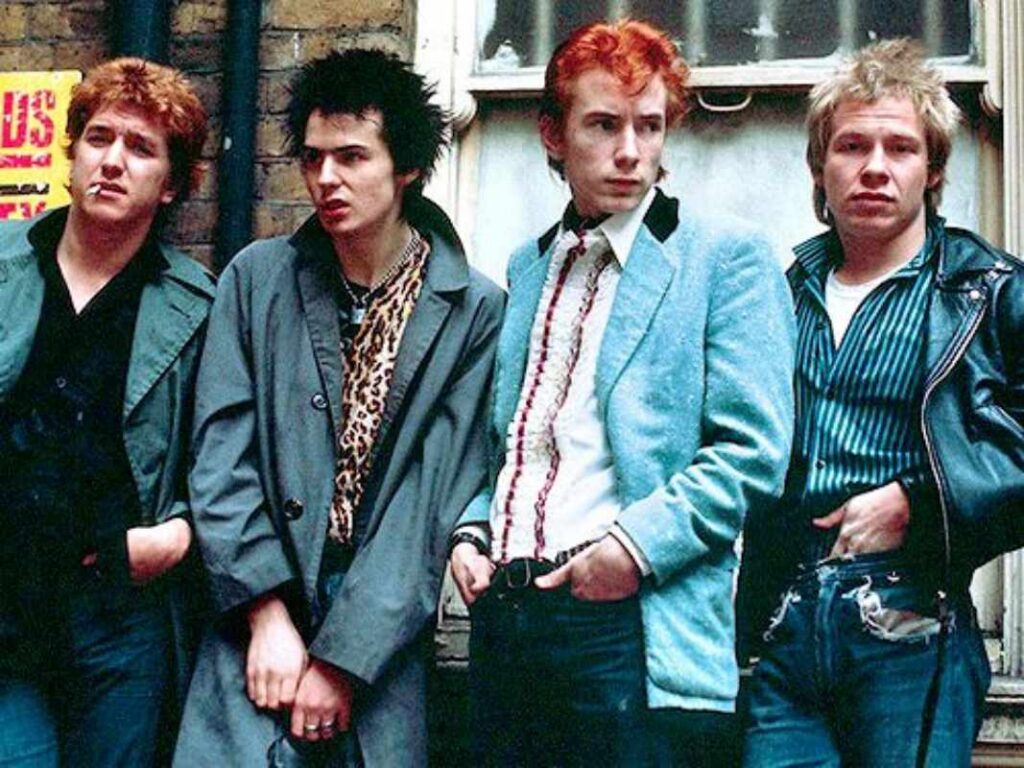
The story wasn’t different in Poland. Despite the authoritarian behavior of the government, punk groups such as Dezerter and Brygada Kryzys, as well as the Tilt, tormented authorities in the 1980s.
The government clamped down heavily on them, banning their music and even forcing some to change their names. But these groups continued to fight the repressive regimes. Afterward, hip hop came on the scene.
Hip-Hop and the Street Chronicles of Resistance
Hip-hop, a new genre of music, emerged in the 1970s. Born in the Bronx, the music genre captivated the oppressed, especially those among the Black and Latino communities.
Soon after, its fans began to express their feelings about social inequalities through the music. Hip hop tracks increasingly mentioned the poverty and police brutality that were overwhelming their disadvantaged neighbourhoods.
Although the music didn’t initially impress most people, it soon began to win over more fans with its storytelling. In the 1990s, rappers like Public Enemy took their music a step further.
He introduced a political dimension with the release of tracks such as “Fight the Power.” Through the song, he motivated people to demand more accountability from authorities.
“Each time the thousands of youths sang and danced to Fela Kuti and Burna Boy tracks, they received new doses of courage and hope.“
At the turn of the 21st century, hip hop was no longer the same. The brand of music had spread through many parts of the world. Rappers were some of the wealthiest and most influential musicians.
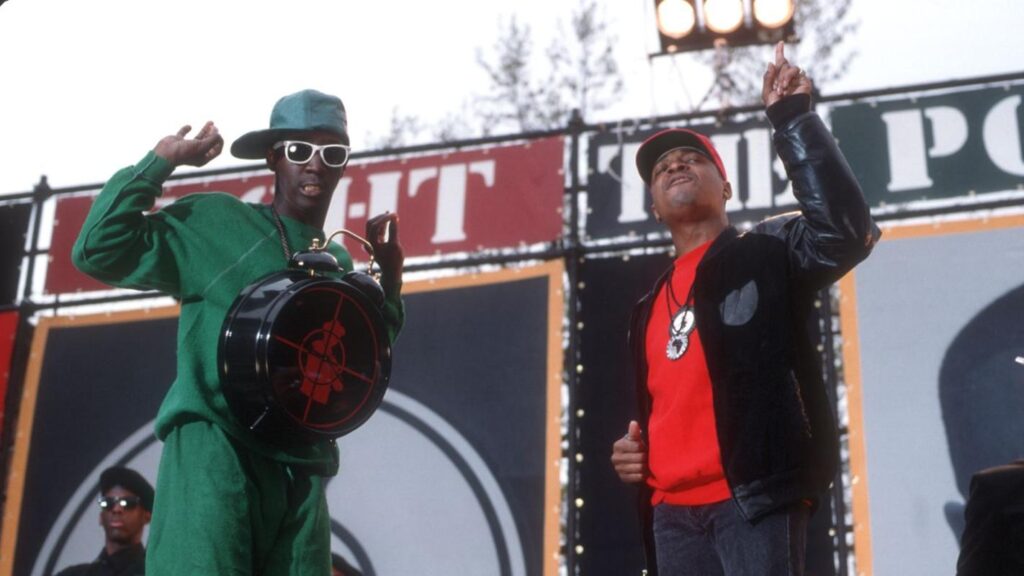
Hip hop spread so widely that it penetrated the extremely conservative Islamic nation of Iran. Groups such as Hichkas emerged, using their songs to fight the authoritarian regime.
Other Islamic nations, such as Egypt, also experienced a taste of hip hop activism. “Irhal,” a song by Ramy Essam, became the anthem of the nation’s version of the Arab Spring uprising. The movement succeeded in kicking out President Hosni Mubarak.
Music has remained a common feature in modern protests. The introduction of digital music has made its role in mass movements even easier.
The Digital Revolution and Global Protest Soundtracks
The 21st century witnessed a significant shift in sound technology. Music became digitalized, making it way more accessible than ever before.
It doesn’t take much to motivate a crowd. A few clicks on a mobile phone will do the job. The 2020 #EndSARS protest in Nigeria was a notable example.
As Nigerian youths poured into the streets to kick against police high-handedness, music kept the crowd energized. Each time the thousands of youths sang and danced to Fela Kuti and Burna Boy tracks, they received new doses of courage and hope.
The same thing played out during the George Floyd protests in the United States. Angry protesters kept their fire burning through “This is America” by Childish Gambino and “I Can’t Breathe” by H.E.R.
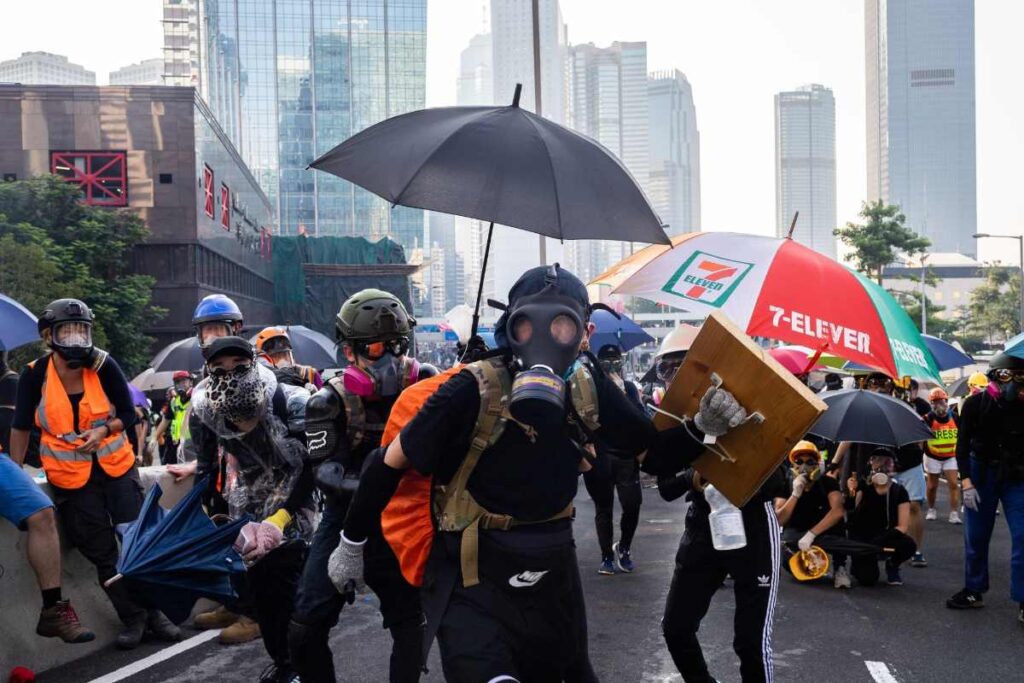
Live clips of these ecstatic moments were shared across YouTube, TikTok, Facebook, X, and Instagram. This demonstrates that an entire country can catch the fever of resistance simultaneously through music.
When the People Sing, Power Listens
Over many decades, music has been a powerful tool for unity and a source of resistance. From the 20th century, it has never failed to mobilize and embolden the oppressed.
There is nothing like thousands of people singing passionately together. The experience is even more overwhelming when these people are united against evil.
From the plantation farms of Southern America and punk activists to hip-hop storytellers, music has shaped revolts. It has altered the course of history. And as long as oppression persists, people will continue to sing.
Which of these stories of music-induced protest movements inspired you the most?


